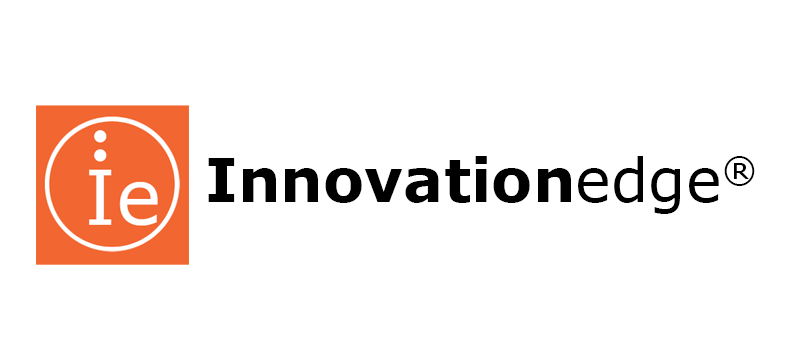 The future of many functions in any company depends upon how the organization is best able to evaluate the knowledge landscape and work together to create effective solutions to their problems and the problems of their customers. Many companies are getting it.
The future of many functions in any company depends upon how the organization is best able to evaluate the knowledge landscape and work together to create effective solutions to their problems and the problems of their customers. Many companies are getting it.
Over the last several months, I am hearing more and more senior leaders across industries expressing the realization that if they are going to compete more effectively with their competition, they must find better ways to utilize existing knowledge and insights.
This pool of information, whether internal or external, drives better decision-making and actions, and leads to more focused efforts. It also helps organizations understand existing capabilities, and how they can be utilized to ultimately create insights and solutions for customers and end users.
Perhaps almost as bad as not coming up with solutions is the situation where companies aren’t aware of capabilities that already exist and are effectively “reinventing the wheel.” This not only wastes resources, but also costs time that could be better spent elsewhere. Collaboration helps not only to fill in the gaps, but can also better illuminate where the gaps might actually be.
I recently came across an interesting trend: The number of patents filed singly by organizations continues to grow, at a linear rate. But the number of patents filed jointly by two or more companies is growing much faster, actually at an exponential rate. This impressive “co-patenting” growth is a result of more open cultures that are collaborating to come up with solutions.
As your company strives to deliver the results it seeks and reduce barriers to innovation, leveraging partnerships, outside knowledge and intellectual property can accelerate your research, reduce development costs, and help minimize or eliminate duplicate efforts. Collaboration for any organization is a challenge, but it is much easier with the availability of today’s information resources and technology to quickly survey the landscape and locate potential solutions and/or partners.
Knowledge management is one of those topics where there is no common approach that transcends industries. Even though there is not a common definition, many agree that deriving value from existing information must evolve processes, technology, and structure as enablers.
The biggest enabler, and the biggest opportunity for most organizations, is to create a knowledge-based culture. In a knowledge-based culture, effective sharing of information builds strong collaborative learning communities.
Look beyond your company’s borders and explore. It may be challenging, but it will also be exciting and rewarding.
